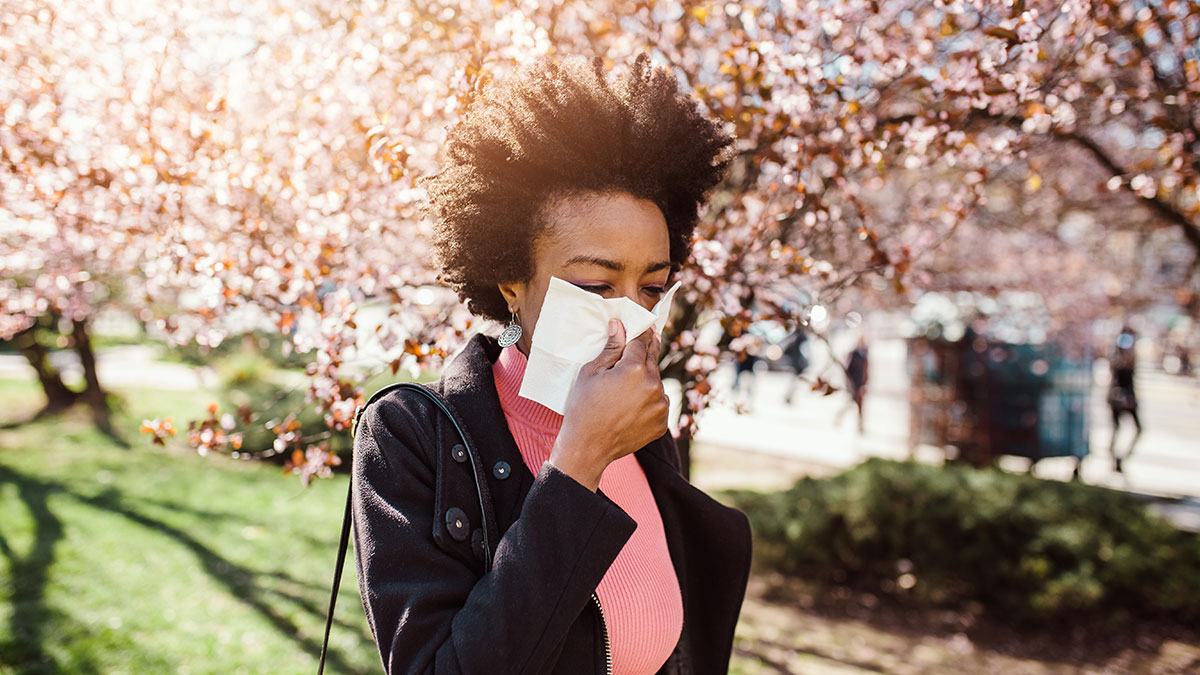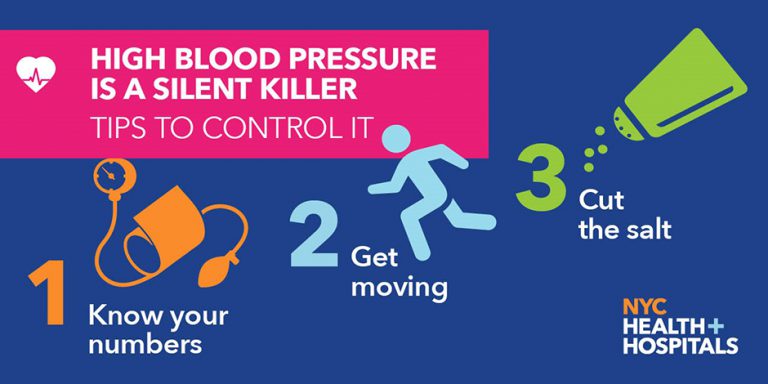Ask Our Expert: How to Manage Pollen Season If You Have Asthma

Spring means warmer days, blooming flowers and fresh leaves on the trees. But, for many New Yorkers with allergies, it also brings the agony of sneezing, itchy eyes, congestion, and runny nose.
For children and adults suffering from asthma, spring pollen season can make their symptoms worse. In addition, research shows that climate change is leading to increases in pollen and longer pollen seasons, sometimes lasting into the late summer and fall.
“People with respiratory conditions like asthma may be more sensitive to pollen. In addition, pollen is an asthma trigger and can cause asthma attacks,” said Dr. Andrew Wallach, NYC Health + Hospitals Ambulatory Care Chief Medical Officer.
“It’s important to talk with your doctor and control your asthma before the spring pollen season starts,” he said.
If you are allergic to pollen, or if you have asthma you can take steps to protect yourself:
- Check pollen forecasts and limit time outside when pollen counts are high.
- Take your allergy and/or asthma medicine as prescribed by your health care provider.
- Avoid products such as Visine, Clear Eyes, and Murine for more than 2–3 days to avoid rebound redness and dependency.
- Use artificial tears to help soothe irritated eyes.
- If you have asthma, ask your doctor about using an inhaler that combines two medicines: one that reduces inflammation over time and one that helps stop an asthma attack.
- Talk to your doctor before giving nasal decongestants or oral decongestants to children. Nasal decongestants can cause rebound runny nose. Oral decongestants can cause high blood pressure and irritability in children.
- Remember a simple nasal saline (salt water) spray is best to relieve congestion and flush out allergens.
- If you have pets, keep them out of sleeping areas.
- Avoid scented bug repellants and candles, which can be asthma triggers for some people. Try unscented bug repellant lotions instead.
- Create a written asthma action plan with your provider, follow it, and share copies with family and caregivers.
For more information, read the NYC Health + Hospital Asthma brochure.
Other resources:
NYC Health Department – Asthma
NYS Department of Health – Asthma
Centers for Disease Control and Prevention – Allergens and Pollen
Centers for Disease Control and Prevention – Pollen and Your Health
Centers for Disease Control and Prevention – Asthma


